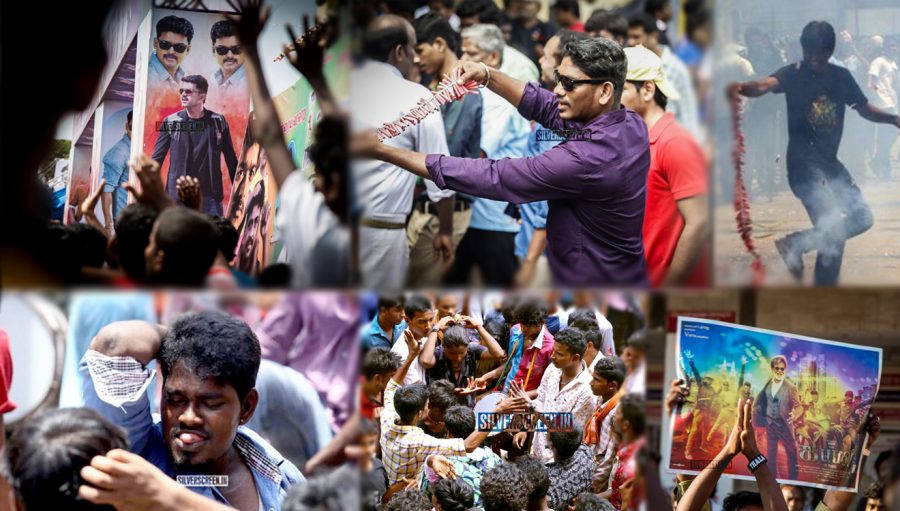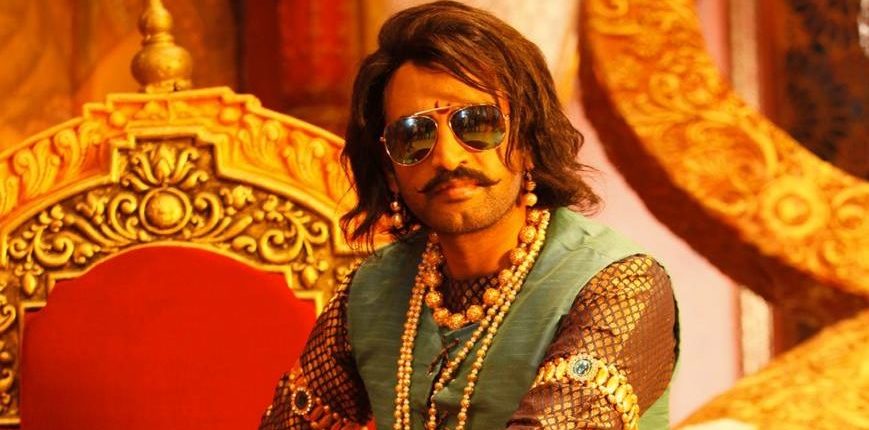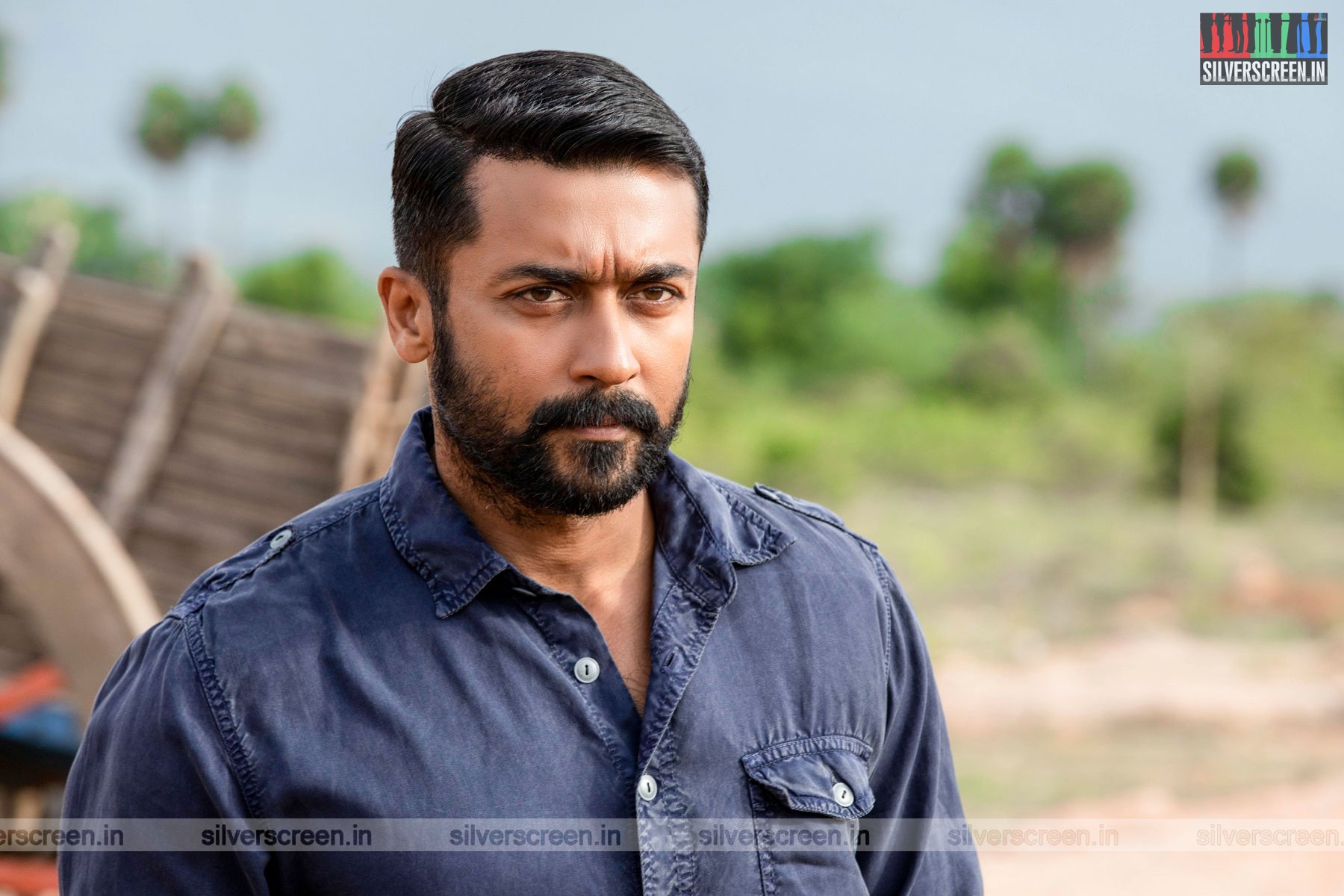When trolling in the name of fandom gets vile and vicious, it’s time for actors to make their stand vocal.
What do a film that released nearly a decade ago and a hugely popular contestant on a reality show have in common? Their very mention in tweets can get the trolls on your back.
Like journalist Dhanya Rajendran discovered two days ago. A personal tweet in which she had referenced a star’s film led to a barrage of trolls that charged with every cuss word in its ammunition. Hiding behind the anonymity that social media almost guarantees, faceless fans ranted and insisted on an apology. The display picture invariably was that of a celebrity, the handle rarely used the given name.
It’s been everyone to the abuse party, and there are voices galore, but stunning silence from the stars themselves. The fans troll critics, who are on social media with their real names and faces as display pictures, with the choicest abuses, all to showcase their love for the stars. At some stage, must these celebrities not raise their voice and tell them to pipe down? Name-call them and shame them? Is it not time they realised that their fans were using their name to get even with regular people on social media?
Last week was prime fodder for trolls. Those criticising Oviya’s behaviour on Bigg Boss Tamil came in for harsh criticism. Now, imagine if a man had stalked a lady on the show. Would the reaction not been vociferous?
Few actors or filmmakers have stood up and made their stand clear. One of those who have, director CS Amudan, known for his forthright opinions, says: “If somebody raises an opinion, you can take it, ignore it, argue over it or even dispute it, but you cannot abuse a person over it. The comments that some of them wrote were very hurtful. It is shameful and I’m embarrassed that I am even part of the same society where such people exist.”
Anand, Vijay Fans Association President, says that he has been asking fans to stop taking offence when someone criticises their idol, and stop abusing people on social media. “But, they say that Dhanya Rajendran has been provoking them and that a few people from her team have abused Vijay. Their concern was that she saw a Shah Rukh Khan film and compared it to a Vijay film that released nine years ago. Now, I have asked them to stop all of this. We will release an official statement soon.”
And, Anand would like us to believe that the actor would be upset if he hears of these online attacks. “As he is not on social media, Vijay sir is not aware of these issues. If he comes to know, he will be upset.” The star’s spokesperson refused to comment about the ongoing issue.
Actors who have received ‘love’ from trolls say that at some stage, the stars whose fans run amok on social media, should rein in their fans, and defend people from them. “Ultimately, they have to defend regular users from trolls using their name to fight a battle. If they keep quiet, it sets a very bad example,” says an actor requesting anonymity.
Why can’t actors start something on the lines of #NotInMyName? asks another thinking actor. He makes a valid suggestion to counter the misogyny online and the cuss words being used. “Twitter must be made aware of inappropriate regional words so that their channel is kept clean. And, we need more regulation, but not policing. Would we allow such words in movies or television? Then, why exempt social media? Any mode of communication must stay clean,” he says.
Recommended
Legal action might help. If trolls know their tweets are no longer anonymous, but seen in the context of who they are, and where they work, they might moderate their viciousness. Else, asks a media observer, what’s the guarantee that this online violence won’t spill over to real life? Sadly, the people who tweet with their real names and with their photographs are recognisable on the street.
More than the bad language and the viciousness of the attacks, what shines through in troll tweets is the sense of superiority anonymity lends. The day that smokescreen is shoved aside and the real face is revealed to the world, opinions and the way of expressing them will get more real, and sober.
With inputs from Janani Karthik.



